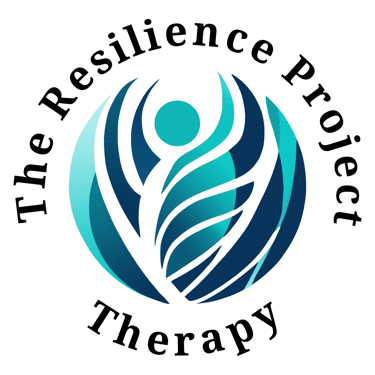The Heavy Burden of Loneliness
Tips to challenge loneliness by connecting with others.
Christian Gray Hering, LCSW
9/11/20232 min read


As a therapist, I often see patients who are struggling with feelings of loneliness. Loneliness is an extremely common human experience, but it can have serious detrimental effects on both physical and mental health if left unaddressed. In my work, I've encountered many clients to help them cope with loneliness in a healthy way.
Research shows that chronic loneliness increases the risk of premature death by 26% (1). It does this by raising levels of stress hormones like cortisol, which contribute to high blood pressure, heart disease, and stroke (2). Loneliness also impairs the immune system, making people more susceptible to viral infections (3). Psychologically, loneliness augments depression, anxiety, and cognitive decline (4). Socially isolated older adults are more likely to develop dementia (5). Across all ages, lonely people are less able to regulate emotions and more prone to substance abuse (6).
The good news is that taking steps to reduce isolation and increase social connection can greatly improve quality of life. Here are some strategies I recommend to clients:
Schedule regular social activities. Make plans with friends, join a club or class, volunteer in your community. Put these appointments in your calendar and treat them as priorities, not afterthoughts (7).
Try new hobbies that get you around others. Take up a sport, learn a musical instrument, join a hiking group. Sharing activities helps form bonds (8).
Use technology thoughtfully. While texting and social media have limits, they can help you stay connected. Video calls are ideal (9).
Contribute to conversations. Listen closely, share thoughts and experiences, and ask questions to deepen relationships (10).
Get comfortable doing things solo. Go to the movies, take a class, eat out. This builds confidence (11).
Help others. Reaching out to support someone else combats isolation and forges meaningful connections (12).
If you're feeling chronically lonely, don't hesitate to seek counseling. Together we can identify sources of loneliness and implement customized solutions to improve social satisfaction. Life is meant to be shared.
Sources:
Holt-Lunstad et al., 2015
Hackett et al., 2012
Cole et al., 2007
Cacioppo & Cacioppo, 2014
Wilson et al., 2007
Åkerlind & Hörnquist, 1992
Masi et al., 2011
Kleiber et al., 2002
Nowland et al., 2018
Jain et al., 2012
Larson et al., 1986
Jenkinson et al., 2013
The Resilience Project Therapy
Mailing
P.O. Box 832182
Richardson, TX 75083
Contacts








